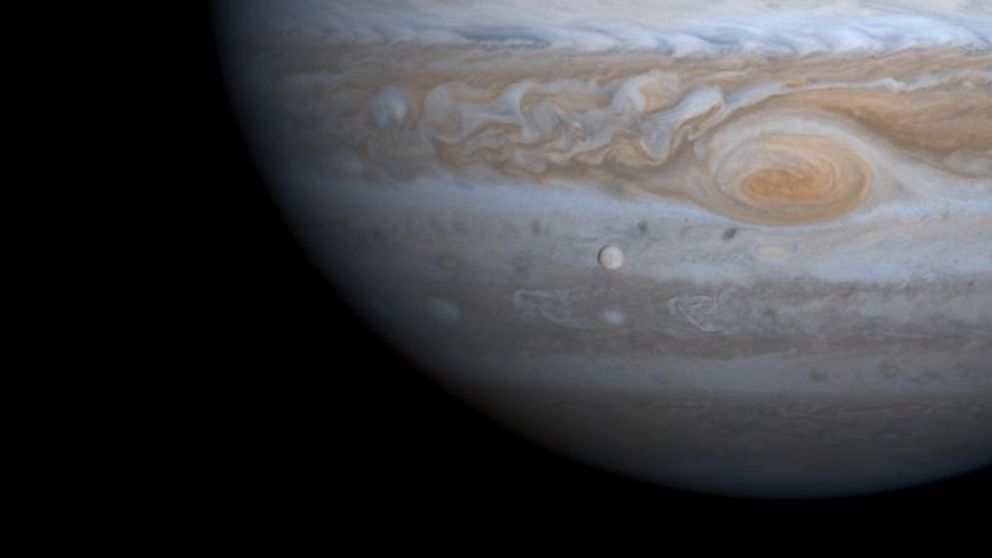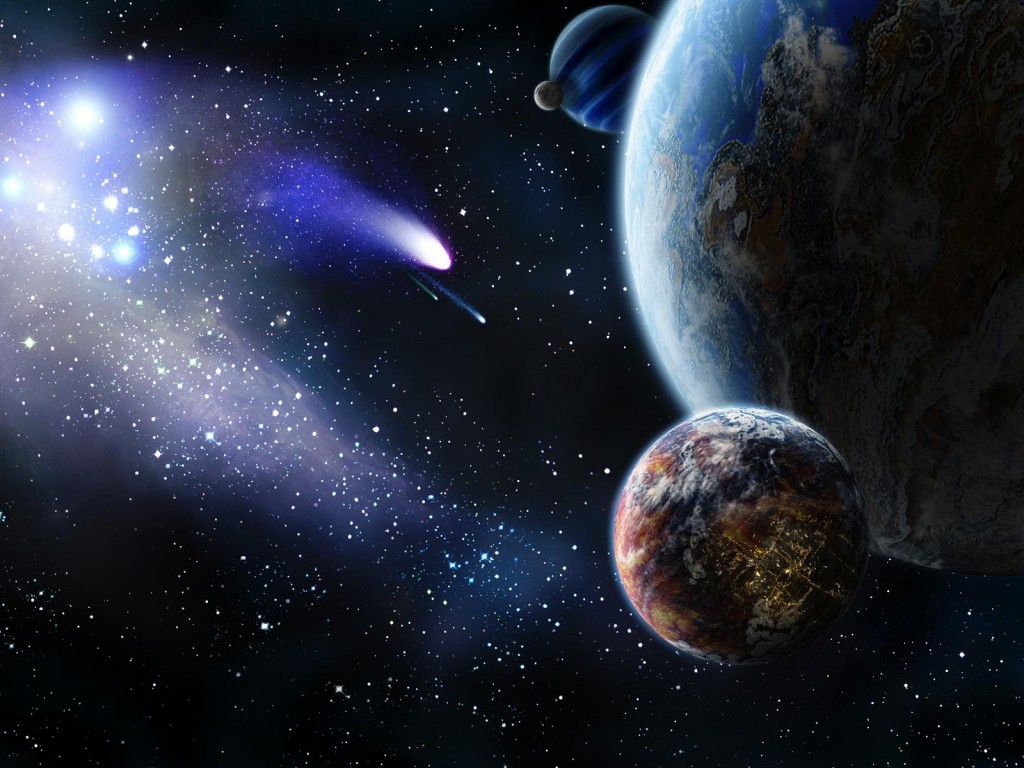NASA Mission to Europa to Search for Extraterrestrial Life

NASA
has its sights set on a visit to Jupiter's icy moon Europa, where
astrobiologists believe there could be possible extraterrestrial life
forms.
"For the first time in the history of humanity we have the tools and
technology and capability to potentially answer this question. And, we
know where to go to find it," Kevin Hand, a NASA astrobiologist, said
last year.
Getting a closer look could soon be a reality. The $18.5 billion NASA budget recently proposed by the White House for next year includes money earmarked "for Planetary Science including formulation of a mission to Jupiter’s moon Europa."
Under its icy shell, Europa, one of the many moons orbiting Jupiter, has
an interior ocean that could perhaps be ten times deeper than those on
Earth, and include two to three times the volume of all liquid water on
our planet, according to Hand.

Working On Checkmate
To say I have been a busy bee would be an enormous understatement. I have been working hard on a history lesson for you all in the near future. Until then let me give you a little update. The powers that be have been rushing about the globe to nearly everywhere shoring up currencies in anticipation of the impending currency changes, even Kenya which is near to my heart got a visit. Meanwhile Iraq, Greece, Russia and China have their players visiting Germany to put another nail in the US energy/petro dollar coffin as we speak. The near European meltdown did cause a hiccup or two but nothing completely unexpected or insurmountable. The Fed/Bush/cabal/evil bankers(or whatever else you would like to insert in here) group has been a regular cornucopia of dirty tricks to hang on to their perverse and often evil world. Fear not though, the final chapter may not be what you expect but it will be a brave new more level playing field. The difference that will make to developing countries and blue collar people around this little blue ball we call earth will be astounding. Now, what does all this rambling of mine mean you ask? It means things are still on track, turn your frowns upside down, stay in the race and be prepared to check your britches if sudden excitement causes control issues.
http://www.intel4u.com/Forums/index.php?/topic/26270-markz2515/